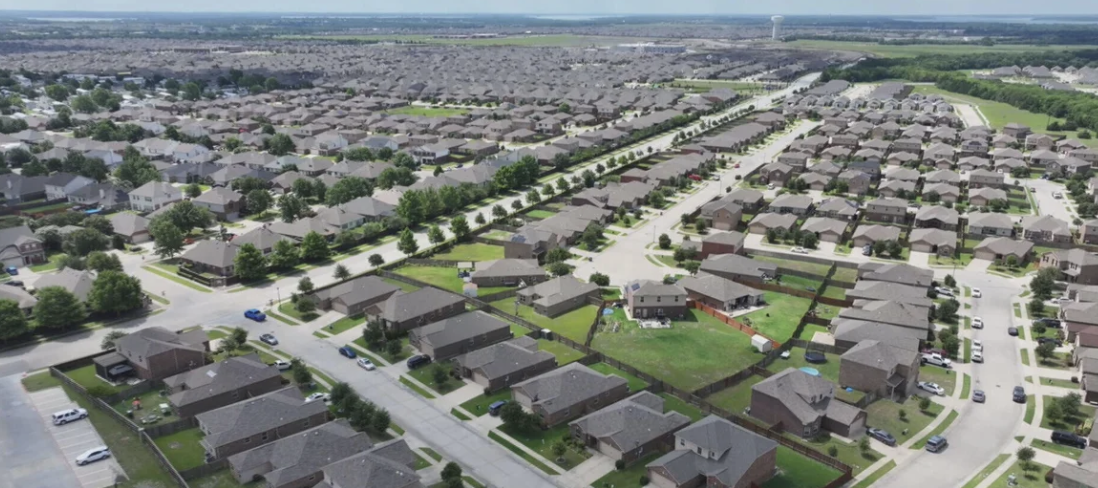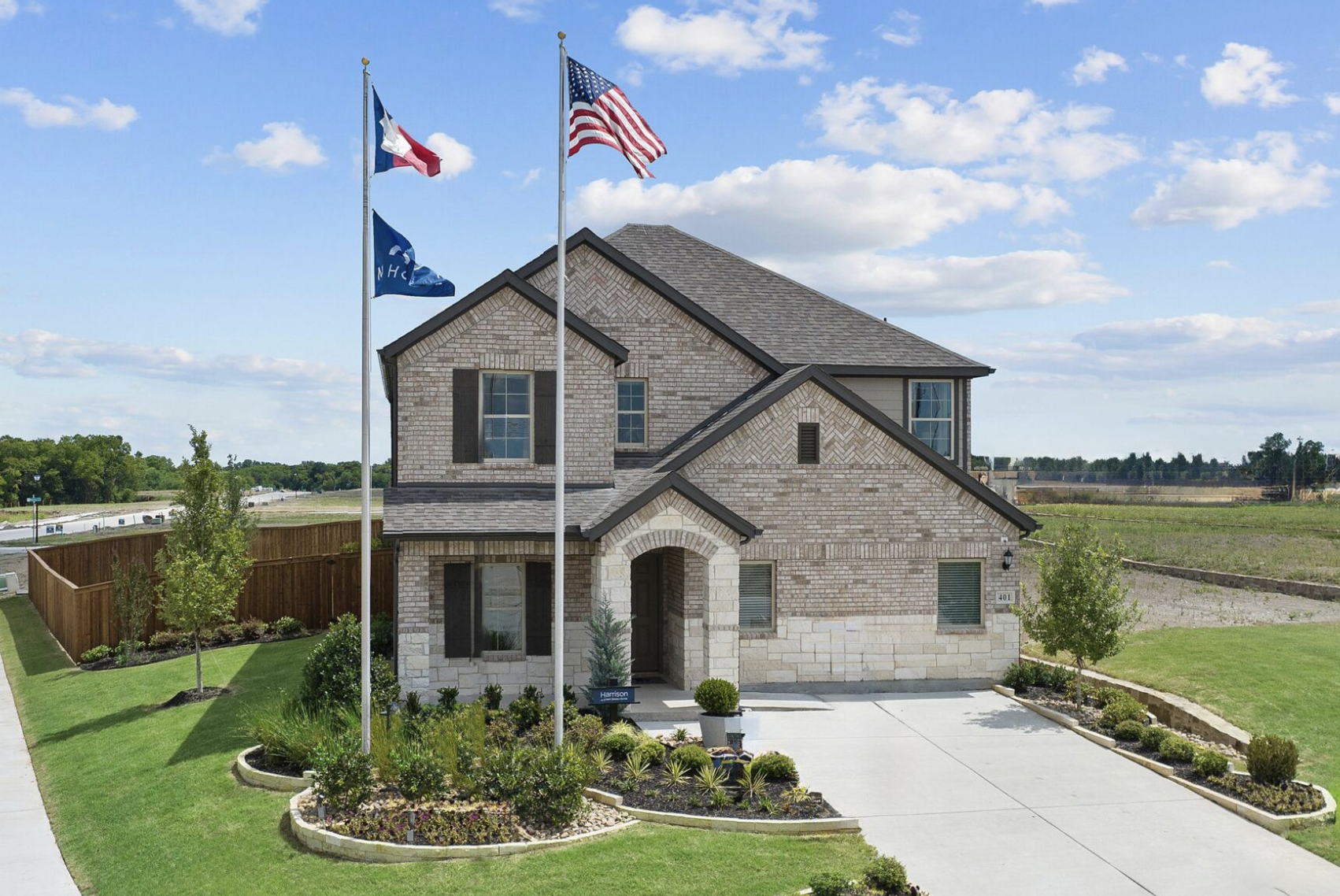7 Essential Factors to Look for When Buying a First Home
Buying your first home is an exciting milestone that marks a new chapter in life.

7 Essential Factors to Look for When Buying a First Home
Buying your first home is an exciting milestone that marks a new chapter in life. Whether you’re moving out of your parents’ house, transitioning from renting, or starting a family, the process of purchasing your first home is monumental. It’s not just a financial investment, but a personal one, as well. This is the place where memories will be made, routines will be established, and your life will unfold.
But with such an important decision comes a lot of questions: What should I look for? How do I make sure I’m making the right choice? What if I regret the purchase? These concerns are common, and while no home-buying process is without its challenges, there are certain factors that can help guide you toward the right choice.
In this blog, we’ll break down seven essential factors you should consider when buying your first home. From location to layout and beyond, these tips will not only help you find a house that meets your immediate needs but will also set you up for long-term satisfaction and financial success.
1. The Importance of Location: Proximity and Lifestyle
When it comes to real estate, location is everything. This is especially true for first-time buyers who may not be familiar with the subtleties of the local market. While you can make changes to your home’s interior, you can’t change its location. Therefore, it’s crucial to select a home in an area that suits your lifestyle and has the potential to appreciate over time.
Consider how far your home is from your place of work, schools, parks, shopping centers, and other amenities. A good location is not just about convenience; it also plays a key role in determining the property’s long-term value. Homes in desirable areas tend to appreciate faster and hold their value better during market downturns. Look for a neighborhood that’s growing or has future development plans, as these areas can often provide a higher return on investment.
Additionally, think about your daily life. Do you prefer to be in the heart of a bustling city, or do you enjoy the peace and quiet of a suburban or rural area? Will your commute to work be reasonable, or will it eat into your free time? Is the area pedestrian-friendly, and are there local events or community activities that align with your interests? All these factors will influence how happy you’ll be in your new home.
Pro Tip: Use online tools to research neighborhood statistics, including crime rates, school rankings, and proximity to amenities, to ensure the location aligns with your lifestyle and future plans.
2. Size and Space: Think Long-Term
When buying your first home, it’s essential to think beyond your current needs. While you may be single or living with a partner now, are you planning to grow your family in the future? If so, consider how your living space will accommodate that growth.
Look at the square footage and the number of bedrooms and bathrooms. A home that’s perfect for you now might feel cramped in just a few years if your family expands. If you work remotely, will the house provide space for a dedicated office? Or will you need a guest bedroom for visiting family members?
Additionally, consider outdoor space. Do you need a yard for pets or children to play in? Or perhaps you enjoy gardening and need space for a small vegetable garden. Even if these things aren’t priorities right now, they could become important in the future.
Pro Tip: Measure your current furniture and visualize how it will fit in the new space. It’s important to ensure the layout is functional and adaptable for future needs.
3. Resale Value: Future-Proofing Your Purchase
While your first home may not be your forever home, it’s still a significant financial investment. One of the smartest ways to protect that investment is by considering its future resale value. Even if you plan to stay for many years, life changes—job opportunities, family growth, or other circumstances—might prompt a move earlier than expected.
To future-proof your purchase, think about what other buyers might want in a home. Features like modern kitchens, multiple bathrooms, energy-efficient systems, and smart home technology can all make a house more attractive when it’s time to sell. Homes in good school districts or close to amenities such as parks, shopping, and public transportation also tend to hold their value better.
Pro Tip: Consult with a real estate agent about neighborhood trends and home features that are most appealing to buyers in your market.
4. Condition of the Home: Repairs vs. Move-In Ready
Buying a fixer-upper can be an appealing option for first-time homebuyers, especially if you’re on a tight budget. However, it’s essential to weigh the pros and cons of purchasing a home that needs repairs. While a fixer-upper might save you money upfront, the cost of renovations can quickly add up, especially if the home has significant structural issues.
On the other hand, move-in ready homes might come at a higher initial cost, but they save you time and money in the long run. With a move-in ready home, you can settle in immediately without worrying about major repairs or renovations.
Pro Tip: Always get a home inspection before purchasing. A professional inspector can help you identify potential problems, such as outdated electrical systems, plumbing issues, or roof damage, that could lead to expensive repairs down the road.
5. Neighborhood Safety: Peace of Mind for You and Your Family
One of the most important factors to consider when buying your first home is the safety of the neighborhood. No matter how beautiful or affordable a house may be, living in an area with high crime rates can significantly impact your quality of life and future resale value.
Research crime statistics for the neighborhood and talk to local residents to get a feel for the area. Consider whether the community has neighborhood watch programs, and check for things like well-lit streets, secure fences, and visible security systems.
Safety isn’t just about crime rates, either. Think about whether the area is prone to natural disasters such as flooding, earthquakes, or wildfires, and whether the home is built to withstand such events.
Pro Tip: Visit the neighborhood at different times of day and week to get a comprehensive view of the area’s safety and activity levels.
6. Financing Options: How to Maximize Your Budget
Understanding your financing options is critical when buying your first home. Different loan types—such as FHA, VA, or conventional loans—have different down payment requirements, interest rates, and qualification criteria. It’s essential to work with a lender who can help you determine which mortgage option is best for your financial situation.
It’s also important to get pre-approved for a mortgage before you start your home search. This not only gives you a clear idea of how much you can afford, but it also shows sellers that you’re a serious buyer, which can give you an edge in competitive markets.
Pro Tip: Shop around for mortgage rates and don’t hesitate to ask your lender about first-time homebuyer programs that may offer lower down payments or other financial incentives.
7. Long-Term Investment: Building Equity and Financial Stability
Your first home isn’t just a place to live—it’s also a key component of your long-term financial strategy. When you purchase a home, you’re building equity, which is the portion of the home that you own outright. As you make mortgage payments and your home appreciates in value, your equity grows.
This equity can be a powerful tool for your future financial security. You can use it to finance renovations, pay off debt, or even as a down payment on your next home. The longer you stay in your home, the more equity you’ll build, making it a valuable asset over time.
Pro Tip: Don’t stretch your budget too thin when buying your first home. Ensure that your mortgage payments leave room for saving and maintaining financial flexibility.
Buying your first home is an exciting journey, but it requires careful thought and planning. By considering these seven essential factors—location, size, resale value, condition, safety, financing, and long-term investment—you can make a smart decision that not only meets your current needs but also sets you up for future success.
Remember, your first home is more than just a place to live. It’s an investment in your future. So take your time, do your research, and make sure that the home you choose is one that you’ll love for years to come.






